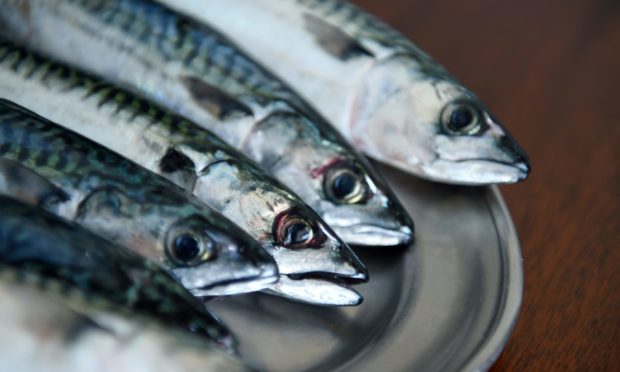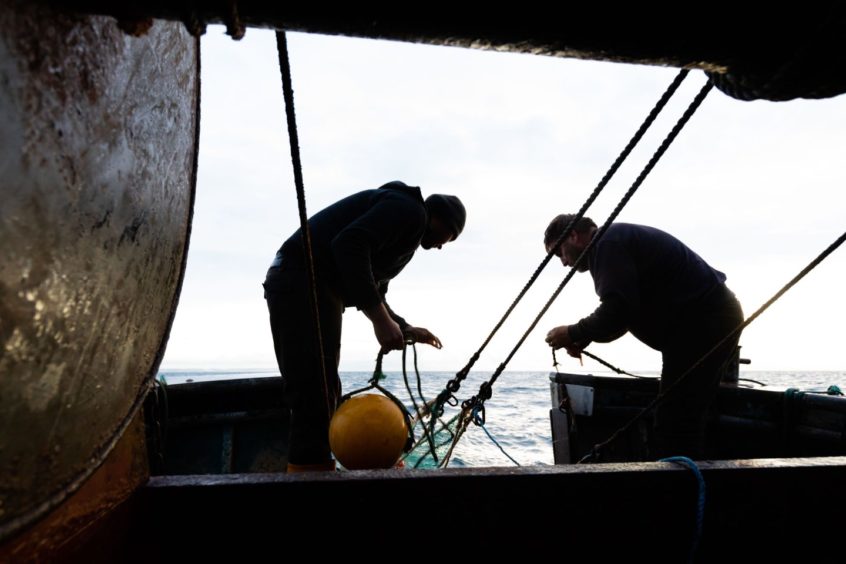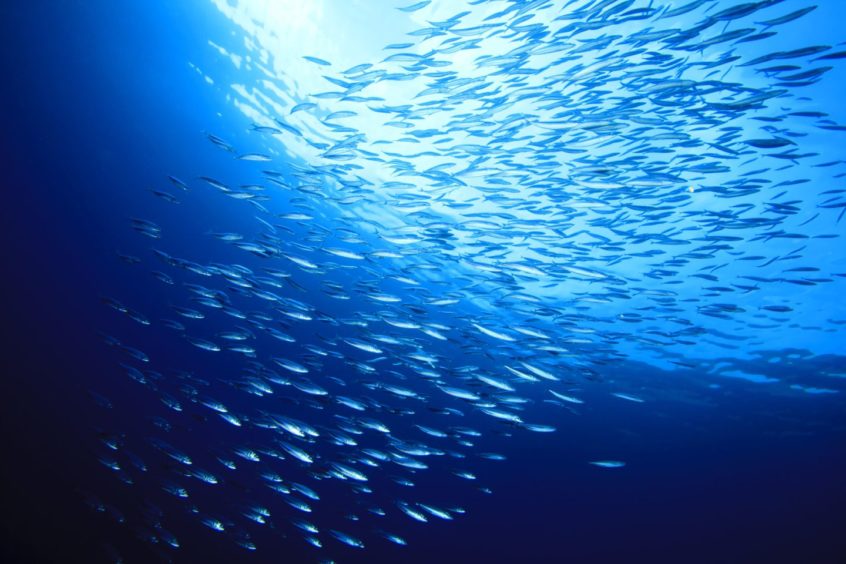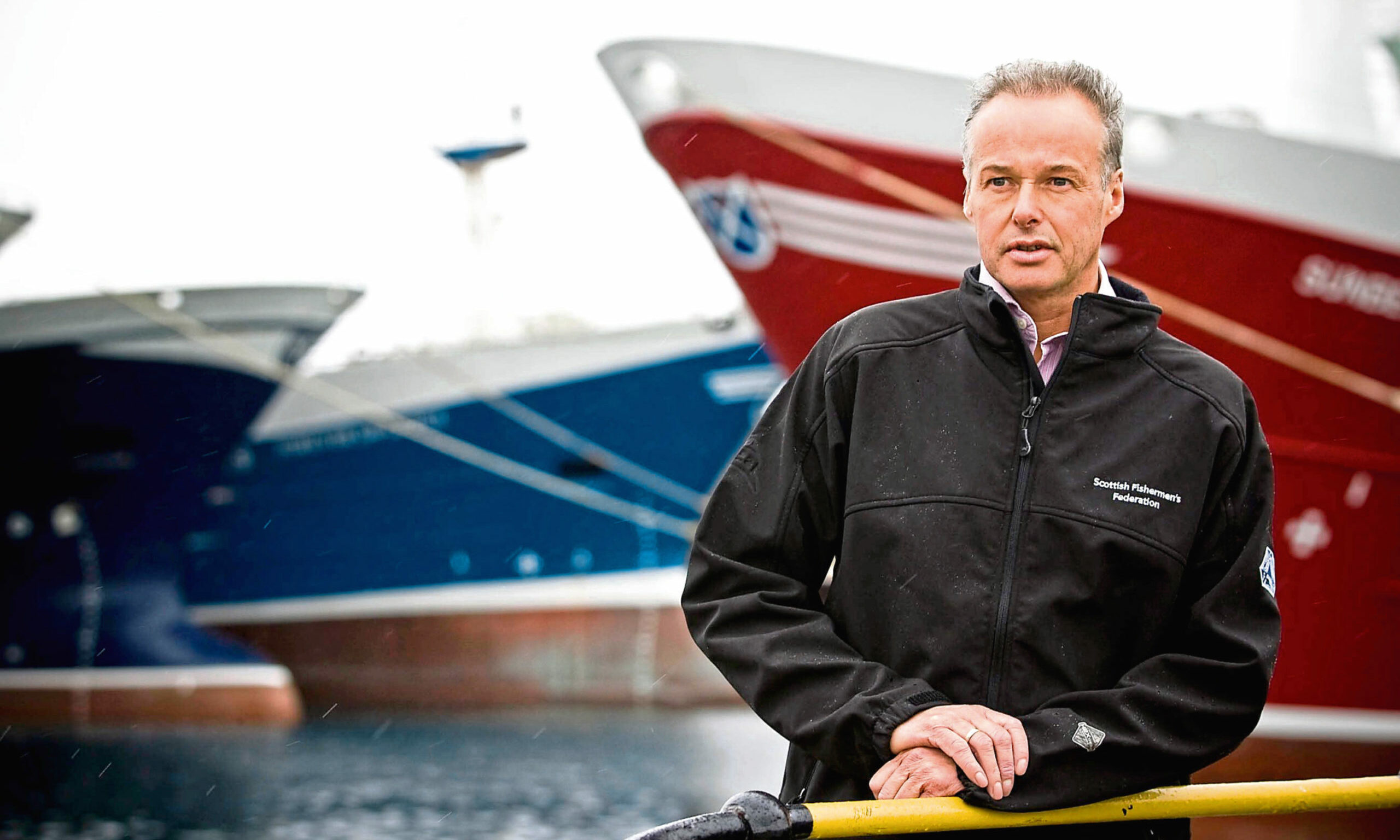Scottish fishing chiefs have highlighted their “concern” over Norway unilaterally raising its annual north-east Atlantic mackerel quota by more than half.
The North Atlantic Pelagic Advocacy (Napa) Group – representing nearly 50 retailers, foodservice companies and suppliers globally – has also expressed alarm over the move, saying undermines efforts to reach an international agreement on shared fish stocks.
According to Napa, Norway’s decision to increase its catch of mackerel by 106,456 tonnes to 298,299t “directly challenges cooperative and sustainable management of this crucial stock”.
Ian Gatt, chief executive of the Scottish Pelagic Fishermen’s Association, whose members target mainly mackerel and herring, said: “We are obviously concerned about Norway’s unilateral action as best practice would be to set quota in line with traditional shares, as the UK has done.
“We will be assessing the situation in the coming days and respond further in due course.”
It comes just a month after the collapse of talks aimed at securing a deal between the UK and Norway on fish quotas and reciprocal access to each other’s waters.
We are seeing the tragedy of the commons played out in real-time.”
North Atlantic Pelagic Advocacy Group
Norwegian seafood and fisheries minister Odd Emil Ingebrigtsen said the gulf between the two sides was “too great”.
The UK Government also said the respective positions of each country were “too far apart” for its “fair offer” on access and the exchange of fishing quotes to succeed.
Norway has now decided to set its own catch limit for mackerel in a move reminiscent of similar controversial behaviour by both Iceland and Faroe in the past.
Napa – whose members have a shared aim of sourcing sustainable and certified seafood to supply a growing demand for eco-labelled fish products – said: “We are alarmed by the decision of the Norwegian government to set a unilateral quota for north-east Atlantic mackerel.
“This action undermines efforts to reach an agreement between all parties to achieve long-term sustainability of the stock and will lead to other coastal states seeking reciprocal increases in their quotas.
“We are seeing the tragedy of the commons played out in real-time.”
The phrase “tragedy of the commons” – first used in 1833 by British writer William Forster Lloyd – refers to a situation where one or more parties with access to a shared asset act in their own interest and, in doing so, ultimately deplete the total resource.
Napa said: “Continuing disputes over quota allocation of mackerel will result in an annual catch well in excess of the scientifically advised quota.
“As a body of over 50 retailers, foodservice companies and suppliers from across the world, we want to underscore in the strongest terms that this has major implications for the supply chain, who have made public commitments to source sustainable seafood.”
Pledges ‘ignored whenever it is convenient’
The Marine Stewardship Council suspended its sustainability certification – it’s highly-prized blue eco-label – for north-east Atlantic mackerel in January 2019, due to increased catches and falling stocks.
Commitments to sustainable fishing have been made by all coastal states involved in north-east Atlantic mackerel fisheries.
But these pledges are “ignored whenever it is convenient”, Napa said.
The group added: “In the absence of responsible leadership by the coastal states, and Norway in particular in this instance, Napa members have launched a Fishery Improvement Project (FIP) for north-east Atlantic mackerel.
Unilateral quota-setting is *not* responsible decision-making. The voice of the market is calling for change.
NAPA is alarmed to see Norway's decision to increase its mackerel quota by over 100,000 tonnes.
Learn more about NAPA: https://t.co/N7Cxx2z8h9 pic.twitter.com/iMYIiKA4Xm
— North Atlantic Pelagic Advocacy Group (@NAPAfisheries) May 28, 2021
The FIP is aimed at channelling “the power of the market to incentivise positive changes toward sustainability in the fishery through policy change”.
And in a scathing attack on politicians, Napa said: “Whilst we embrace our commitments to responsible and ethical sourcing of products for our consumers, it is remarkable that we are in a position where supply chain businesses need to work to drive forward science-based management of common resources.
What does the blue MSC label mean?
“This is the responsibility of the coastal states governments and needs to be addressed urgently.
“Napa urges all coastal states to commit to and establish binding fisheries management strategies and to agree sustainable quota shares for all the shared stocks in the north-east Atlantic that follow scientific advice.”
Mixed catch for Scottish fleet after historic fishing talks involving ‘independent’ UK
Pelagic fisheries leave a low carbon footprint



